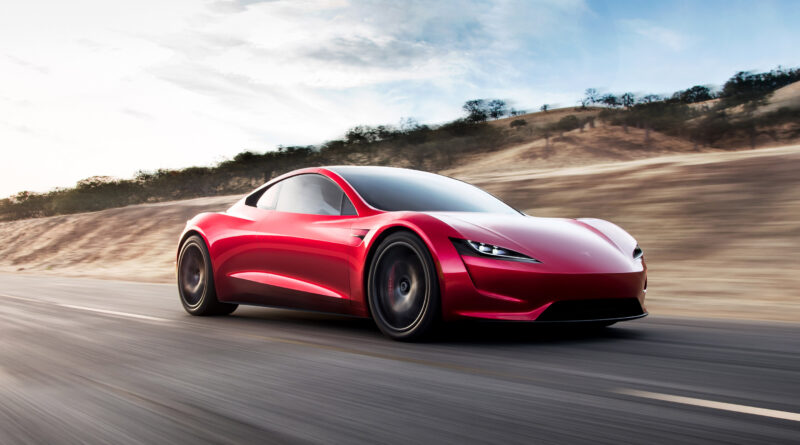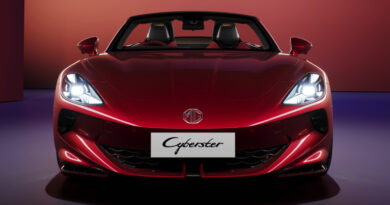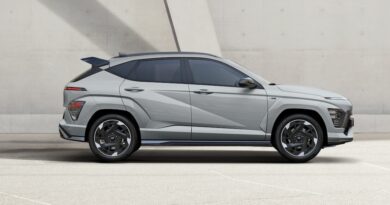EV sales jump 250 percent
While it’s natural, as an Australian, to worry that the shift towards EVs is not moving fast enough, the good news is that it is picking up pace just about everywhere else in the world, with new figures showing sales are up from than 250 percent in the past year.
A report by the International Energy Agency has found that the number of electric vehicles on the world’s roads could increase from 11 million to as many as 230 million by the end of this decade, if governments really ramp up their efforts to encourage their production and purchase.
The IEA’s first global report on EVs found sales in the first quarter of 2021 were more than 250 percent higher, year on year, and that despite a tough time for the car industry in general in 2020, a record of 3 million new electric cars were registered around the world last year, bringing the total to 10 million EVs registered.
READ MORE: EV and PHEV sales across Australian states and territories.
READ MORE: Teslas by postcode.
READ MORE: Best selling EVs in Australia in 2020.
The report pointed out that there were an impressive extra 1 million electric trucks, vans and buses hitting the roads in that period as well.
For scale, it’s worth keeping in mind that the tiny island nation of Australia – or tiny in population at least – generally buys 1m new cars a year, and its EV take-up rate is currently below 1 percent. Some suggested the Covid pandemic could boost sales of EVs.
While EV sales are still miniscule, sales of hybrids are booming.
If the predicted rise in EV take-up globally continues, however, and the world’s biggest economies, which are now making serious commitments to reducing CO2, led by Joe Biden in the US and Boris Johnson in the UK, EVs could remove the need for more than 2m barrels a day of petrol and diesel by 2030, according to the IEA. That would result in a saving equivalent to 120m tonnes of carbon dioxide.
The money pouring into car-company coffers from EVs is also significant, because they’re not cheap, as we all know. The IEA said consumers spent $120 billion on electric vehicles last year, a jump of 50 per cent on the year before.
The IEA’s executive director Fatih Birol said the report pointed out that producing enough EVs to help the world meet its climate goals would be a “formidable challenge” and that stronger ambition was needed from all countries.
“Current sales trends are very encouraging, but our shared climate and energy goals call for even faster market uptake,” Birol said.
“Governments should now be doing the essential groundwork to accelerate the adoption of electric vehicles by using economic recovery packages to invest in battery manufacturing and the development of widespread and reliable charging infrastructure.”




